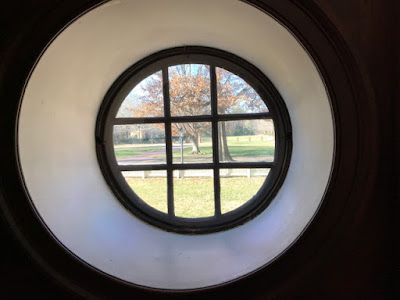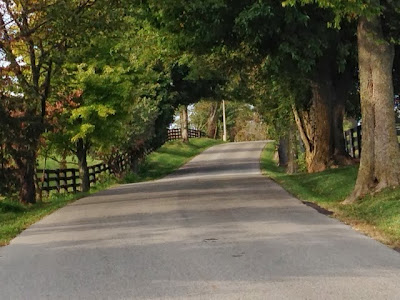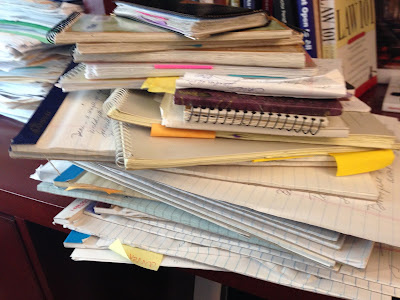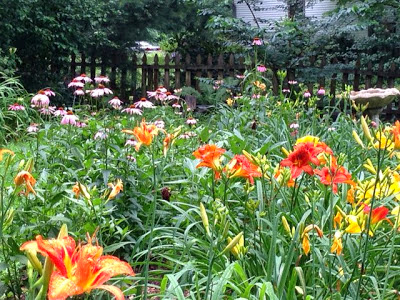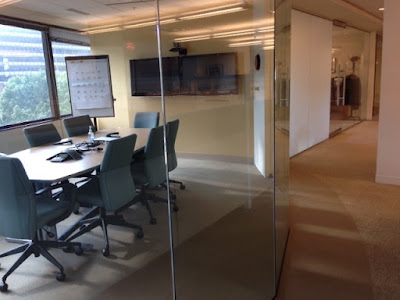For the last couple of evenings I’ve been learning how to write. Yeah, I know. I’m supposed to be a writer already. But I have been learning to write, to form letters slowly and carefully, and it’s been alternately painful and exhilarating.
Through a series of events too long and complicated to explain I’ve been trying my hand at calligraphy. At first I used a regular gel pen. Not good! Next an inexpensive ink-cartridge calligraphy pen I picked up at an office supply store. Better.
I’m not about to take up a new hobby, but I’ve been amazed at what a meditative process it is, especially for someone who makes a living from words. That I’m being forced to think about every stroke, every ascender and descender, the width and height and heft of each letter — is, in a strange sort of way, liberating.
It’s bringing me back to first principles. To the letters that form the words that carry the thoughts. It’s a cleansing of the mental palate, a reminder of how excruciating and precious each letter can be.
(Art: Modern Western Calligraphy, Denis Brown, 2006, courtesy Wikipedia)
